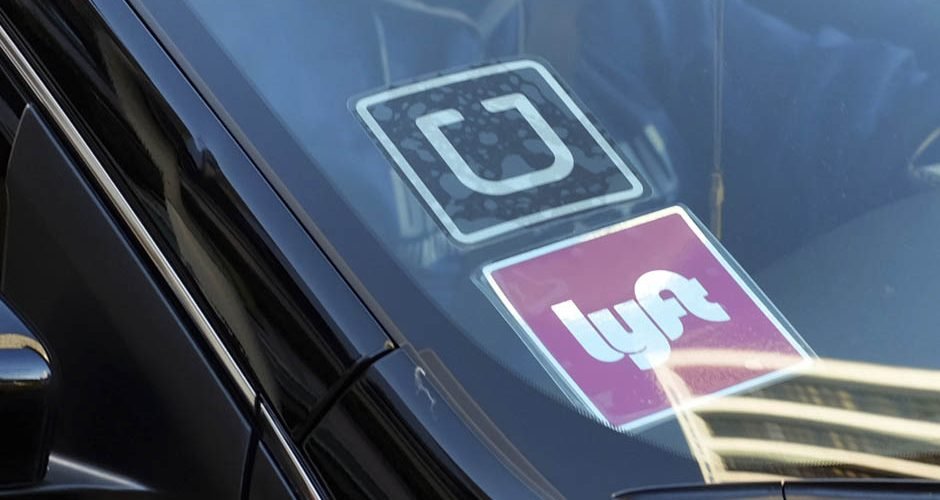Ride-hailing services like Uber and Lyft have revolutionized the way people travel, providing convenient and affordable transportation options. However, recent developments in Georgia have raised concerns among passengers regarding insurance protection. Both Uber and Lyft have made changes to their insurance policies in the state, which could potentially leave passengers at risk in the event of an accident. In this article, we will share the information related to these changes and explore the implications for passengers in Georgia.
Table of Contents
Ride-Hailing Services in Georgia
Ride-hailing services like Uber and Lyft have become incredibly popular in Georgia and across the globe. These platforms offer passengers a convenient way to request a ride using their smartphones and connect with nearby drivers. With their widespread adoption, concerns about safety and insurance coverage have come to the forefront.
Uber and Lyft Insurance Policies
Uber and Lyft both provide insurance coverage to protect their passengers, drivers, and third parties in the event of an accident. These insurance policies typically consist of several components, including liability coverage, uninsured/underinsured motorist coverage, and contingent comprehensive and collision coverage. The Uber and Lyft Cutting Insurance Protection for GA passengers is the talk of the town with the new amendment in their passenger insurance policy.
Changes in Georgia’s Insurance Coverage
In Georgia, both Uber and Lyft have made changes to their insurance coverage, specifically affecting passengers. Previously, passengers were covered by a $1 million liability policy provided by the ride-hailing companies from the moment they entered the vehicle until they reached their destination. However, the new changes reduce the coverage during the period when a driver is logged into the app but has not yet accepted a ride request.
Under the new policies, during this period, passengers may only receive minimal liability coverage, which may not be sufficient to cover the full extent of their injuries or property damage in the event of an accident. This change has raised concerns among passengers about the potential financial risks they may face if involved in an accident during this phase of the ride. The amount of insurance to a single person is reduced by 90% to $100,000 effective from 1st July 2023.
Potential Risks for Passengers
The reduction in insurance coverage during the period when a driver is logged into the app but has not yet accepted a ride request poses potential risks for passengers. In the event of an accident, passengers may find themselves in a precarious situation, with limited coverage to compensate for their injuries or property damage. This can result in significant financial burdens and difficulties in seeking adequate compensation.
Steps Passengers Can Take to Protect Themselves
While the changes in insurance coverage may be concerning, there are steps passengers can take to protect themselves when using ride-hailing services in Georgia:
Review Personal Insurance Policies: Passengers should review their personal auto insurance policies to ensure they have adequate coverage for accidents that occur during ridesharing activities.
Consider Additional Coverage: Depending on their insurance needs, passengers may opt for additional coverage, such as rideshare insurance or an umbrella policy, to fill any gaps in protection.
Exercise Caution and Vigilance: Passengers should remain vigilant and exercise caution when using ride-hailing services. This includes wearing seat belts, confirming the driver’s identity and vehicle details, and reporting any concerns or incidents promptly.
The Importance of Seeking Legal Guidance
If a passenger finds themselves involved in an accident while using a ride-hailing service in Georgia and faces challenges with insurance coverage, seeking legal guidance becomes crucial. An experienced personal injury attorney can evaluate the specific circumstances of the accident, review insurance policies, and help passengers understand their legal rights and options for seeking compensation.
Final Words
The recent changes in insurance coverage by Uber and Lyft in Georgia have raised concerns among passengers regarding their protection in the event of an accident. It is essential for passengers to be aware of these changes and take proactive steps to safeguard themselves. Reviewing personal insurance policies, considering additional coverage, and exercising caution can help mitigate the potential risks associated with reduced insurance protection.
However, in the unfortunate event of an accident, seeking legal guidance from a personal injury attorney is vital. They can provide the necessary expertise and guidance to navigate through the complex legal landscape, ensuring passengers receive fair compensation for their injuries and losses.
In light of these changes, passengers in Georgia should stay informed, be proactive, and prioritize their safety and protection when utilizing ride-hailing services.





